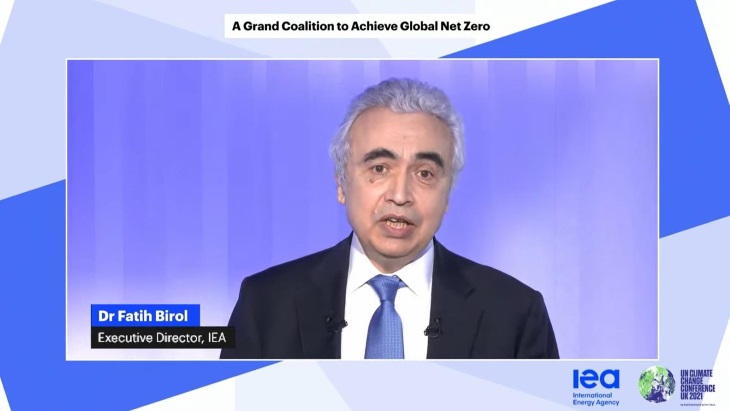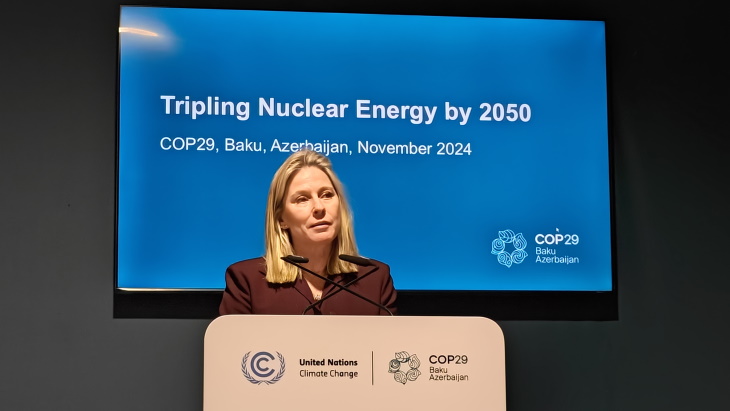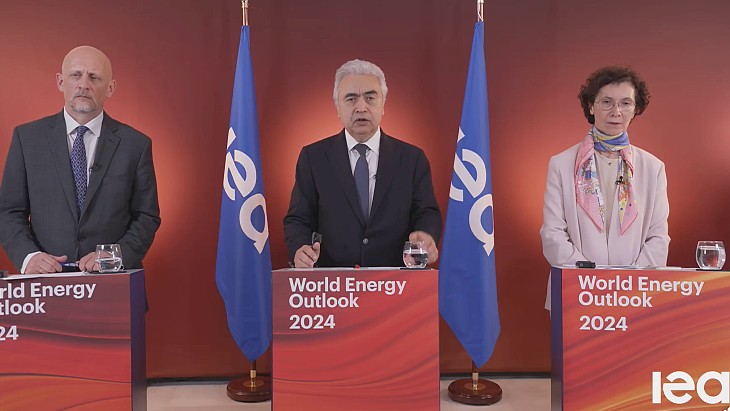IEA unveils 7 key principles for net zero

Announcing the Paris-based agency's plan to release this guidance after the summit, IEA Executive Director Fatih Birol said: "As part of the summit, we at the International Energy Agency developed seven key principles that provide a framework for countries to work together and translate their ambitious targets into real emission reductions by putting credible energy policies. These Seven Key Principles have been supported by governments around the world and I expect more to come."
The principles cover the need for sustainable recoveries from the COVID-19 crisis, the critical importance of implementable emissions reduction roadmaps for the current decade, and the development of stronger mechanisms for international coordination to accelerate innovation and deployment in each major emitting sector of the global economy. They also address issues such as technology collaboration, best-practice sharing, investment tracking, ensuring people-centred transitions, and integrating energy security and affordability into net-zero plans.
"Over 120 countries have so far announced their intention to bring emissions to net zero by the middle of this century. As we look forward to COP26, this growing political consensus is a cause for optimism about the world's ability to reach the goals of the Paris Agreement. A tremendous amount of work is now needed to turn ambitions into reality," the IEA said. "Being united by the high level of their ambitions, countries at all stages of development will need to determine their own unique path to implementing net zero according to the diversity of national circumstances and wide range of technologies."
The seven principles are:
- Sustainable recoveries can provide a once-in-a-generation down-payment toward net zero;
- Clear, ambitious and implementable net-zero-aligned roadmaps to 2030 and beyond are critical;
- Transitions will go faster when learning is shared;
- Net-zero sectors and innovation are essential to achieve global net zero;
- Mobilising, tracking and benchmarking public and private investment can be the fuel to achieve net zero;
- People-centred transitions are morally required and politically necessary; and,
- Net-zero energy systems also need to be sustainable, secure, affordable and resilient.
To support stronger government actions, the IEA will on 18 May publish the first comprehensive roadmap for the global energy sector to reach net-zero emissions by 2050. Requested by the COP26 Presidency, the roadmap will set out a pathway for what is needed from governments, companies, investors and citizens to put global emissions on a path in line with a temperature rise of 1.5 degrees Celsius. It will help decision makers "prioritise urgent action" in the lead-up to the climate talks in Glasgow this November, the IEA said.

_99697.jpg)








_50521.jpg)

